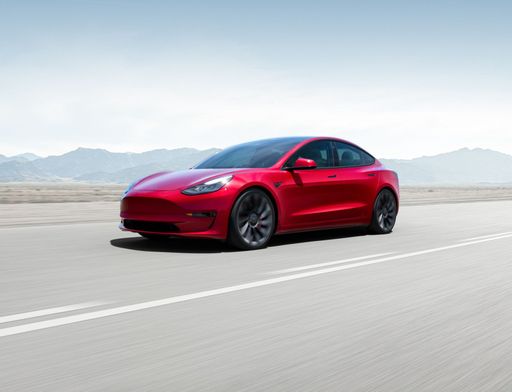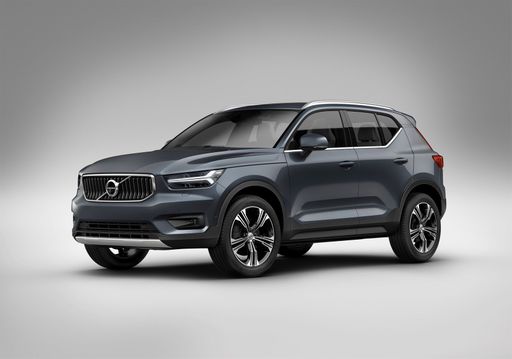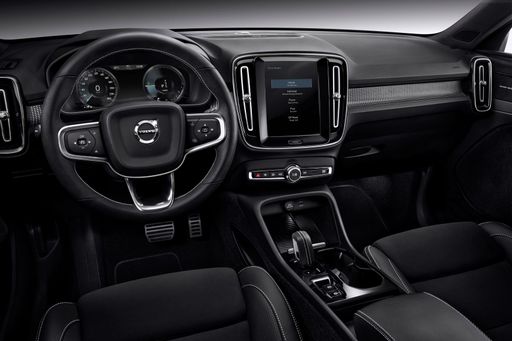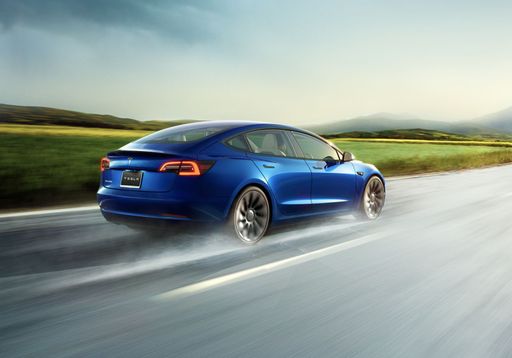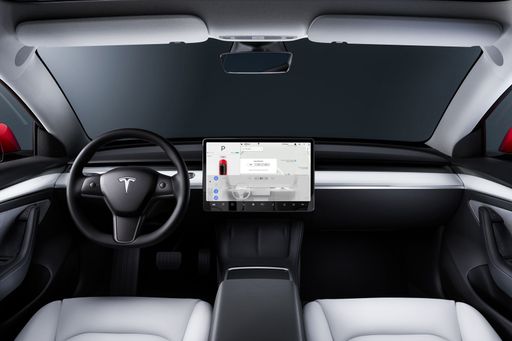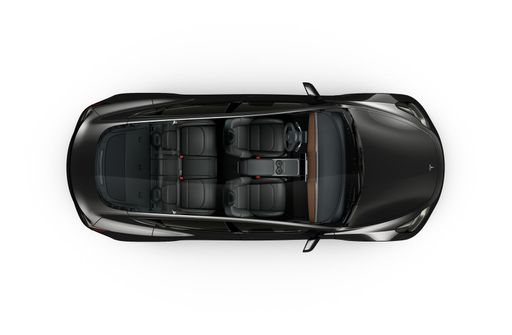Volvo XC40 vs Tesla Model 3: A Comprehensive Comparison
As electric vehicles gain momentum and modern SUVs continue to capture attention, the comparison between the Volvo XC40 and the Tesla Model 3 serves as an intriguing case study. Both vehicles represent the forefront of automotive innovation but cater to different preferences and needs. This article delves into their technical aspects and innovations, shedding light on which model could be the perfect fit for you.

